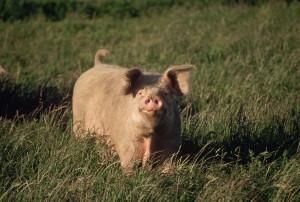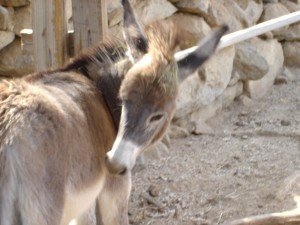While researching the art of the long con for a new novel, I came across an article from Australia and was introduced to two delightful words: rorter and spruiking. Exploring them led me farther astray. What a great way to procrastinate.
A rorter is generally considered Australian slang, and is a noun meaning a swindler, a small-time confidence trickster or cheat. Say it out loud, with or without the Aussie accent. It simply sounds cool, nicely insulting.
The same article referenced spruiking, which means speaking in public, especially to advertise. Ever visit North Beach in San Francisco? No doubt you’ve heard spruiking from the people trying to lure you into the strip joints. The term also is used—by the opposition, no doubt—to describe political speeches. Proponents call it orating.
A rorter might be found spruiking near a bank, hoping to snare a mark with a pigeon drop scheme. A pigeon drop is a confidence trick in which a mark or “pigeon” is persuaded to give up a sum of money in order to secure the rights to a larger sum of money, or more valuable object. In reality, the scammers make off with the money and the mark is left with nothing.
The wise—or bitterly experienced— passerby will recognize the con artist’s spiel as malarkey and keep passing.
Malarkey. Ah, yes. Love the word. Malarkey is defined as foolish words or ideas, or bunkum. Another great word. While the origin of malarkey appears murky, bunkum has a specific and colorful history.
Around 1820, U.S. representative Felix Walker, from Buncombe County, North Carolina, rose to make a sp eech during a debate. He spoke on and on. And on, refusing to stop, even though most of what he said was irrelevant and foolish. He maintained he was speaking for Buncombe. Because it was not used as an intentional delaying tactic, it was not filibuster, a technique and a term introduced a few decades later. It quickly transformed into bunkum and took on the general meaning of nonsense or balderdash. Balderdash originally meant a jumble of liquors but now means a senseless jumble of words, or claptrap.
eech during a debate. He spoke on and on. And on, refusing to stop, even though most of what he said was irrelevant and foolish. He maintained he was speaking for Buncombe. Because it was not used as an intentional delaying tactic, it was not filibuster, a technique and a term introduced a few decades later. It quickly transformed into bunkum and took on the general meaning of nonsense or balderdash. Balderdash originally meant a jumble of liquors but now means a senseless jumble of words, or claptrap.
Claptrap, according to an online etymology dictionary, originated showy stage action designed to trap applause or claps and has evolved to mean nonsense.
A quick search for synonyms reveals a basket of words—beans, blarney, blather, blatherskite, bosh, blither, drivel, codswallop, fiddlesticks, humbug, guff, taradiddle, and more. Is this because we encounter it so often?
Have you encountered a flim flam man (person) or written about one? What’s your favorite film about con artists? I figure watching several could extend my procrastination for weeks!
What a fun post! And while it’s not quite about con men, the British film “The Killers” is my favorite about criminals getting their comeuppance, another great word, I think.